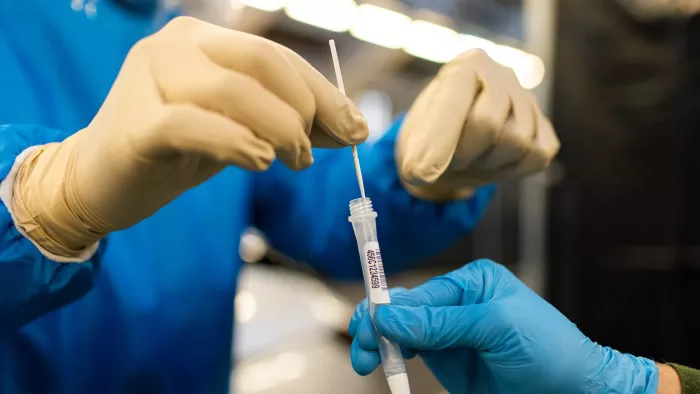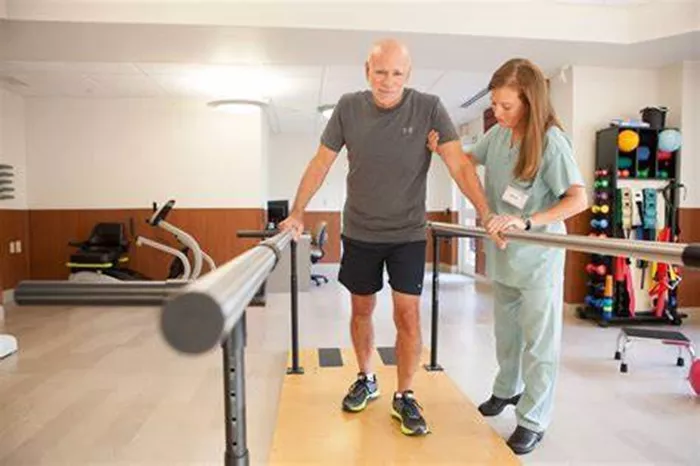In the ongoing battle against obesity, new services are set to emerge, promising to provide robust support and access to weight – loss medications starting from next year. These initiatives come as a response to the growing global obesity epidemic and the increasing demand for effective weight – management solutions.
The pharmaceutical industry has been at the forefront of developing innovative weight – loss drugs. Drugs like Wegovy from Novo Nordisk, Ozempic, also from Novo Nordisk, Eli Lilly’s Mounjaro, and the newly approved Zepbound have generated significant buzz. In 2024, the weight – loss drug market witnessed substantial growth, and this trend is expected to continue. Analysts project that the market could be worth a staggering $100 billion by the end of the decade. Goldman Sachs analysts anticipate that by 2030, 15 million U.S. adults will be using obesity medications. However, supply issues have plagued popular drugs such as Wegovy, Ozempic, and Mounjaro, making it difficult for patients to obtain them. While analysts expect some improvement in supply constraints next year, they note that a complete resolution will take years. Novo Nordisk plans to “significantly scale” the supply of Wegovy in the U.S. in 2024, and Eli Lilly aims to double the production capacity of drugs like Mounjaro. Additionally, both companies are likely to release new clinical trial data that could reveal additional health benefits of their drugs beyond weight loss and diabetes management, potentially leading to increased insurance coverage.
In addition to the efforts of pharmaceutical companies, e – commerce platforms are also entering the weight – loss service arena. JD.com’s pharmacy division has launched the “Guaranteed Weight Loss or Compensation” service, covering five specifications of NovoMix (semaglutide injection) and four specifications of Mufengda (tirzepatide injection). Users who do not achieve the expected weight loss after correctly using these drugs can apply for compensation of up to 600 yuan. Similarly, Meituan Pharmacy has introduced the “No Weight Loss, No Pay” program, collaborating with medical check – up institutions to offer free medical check – ups, access to GLP – 1 class drugs, and a compensation scheme for those who fail to lose weight.
Hospitals across China are also taking action. In Shandong, many top – tier hospitals have opened weight management clinics. These clinics adopt a multi – disciplinary approach, with departments such as health management, endocrinology, digestive, psychology, and nutrition working together. Patients can expect to lose about 5 pounds in two weeks on average, and those with a larger weight base can lose even more. In Guangzhou, hospitals have set up weight clinics that integrate experts from various fields, including bariatric surgery, endocrinology, nutrition, traditional Chinese medicine, and pediatrics, providing “one – stop” obesity diagnosis and treatment. For example, a 30 – year – old patient, Ms. Qin, managed to lose more than 10 kilograms in just one month after seeking help at such a clinic.
The emergence of these new obesity services represents a comprehensive approach to tackling obesity, combining medical expertise, pharmaceutical innovation, and convenient access through digital platforms. As the battle against obesity continues, these services are poised to play a crucial role in helping individuals achieve their weight – loss goals and improve overall health. However, challenges such as high drug costs, limited insurance coverage in some areas, and ensuring the long – term effectiveness of weight – loss measures still need to be addressed in the coming year.
Related topics:































